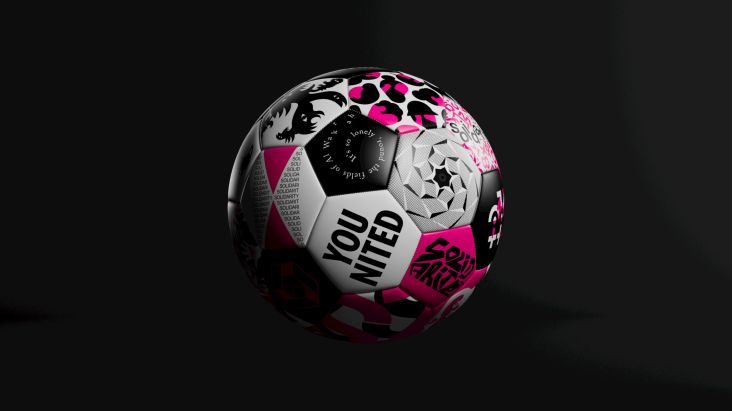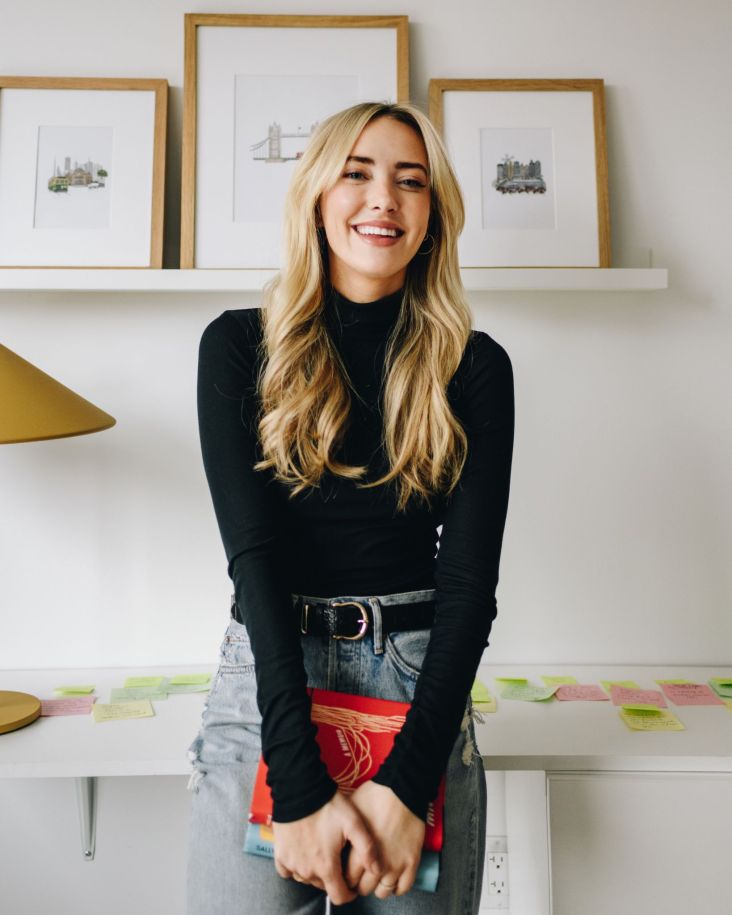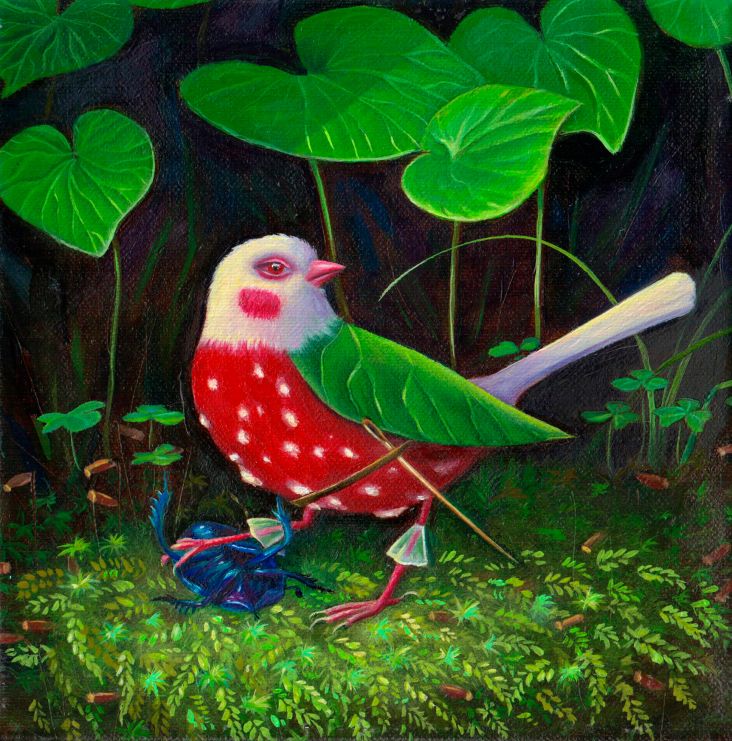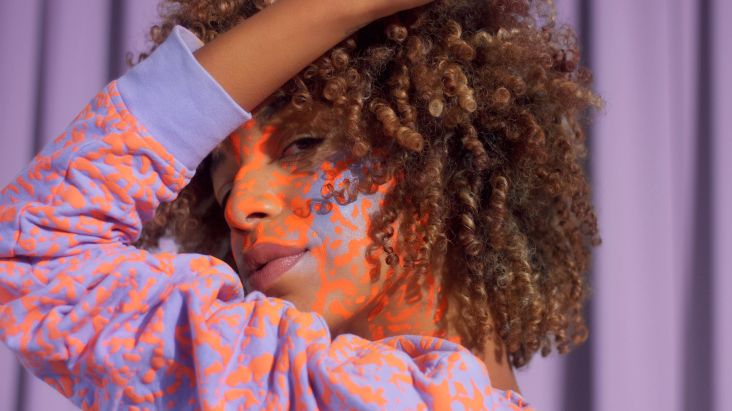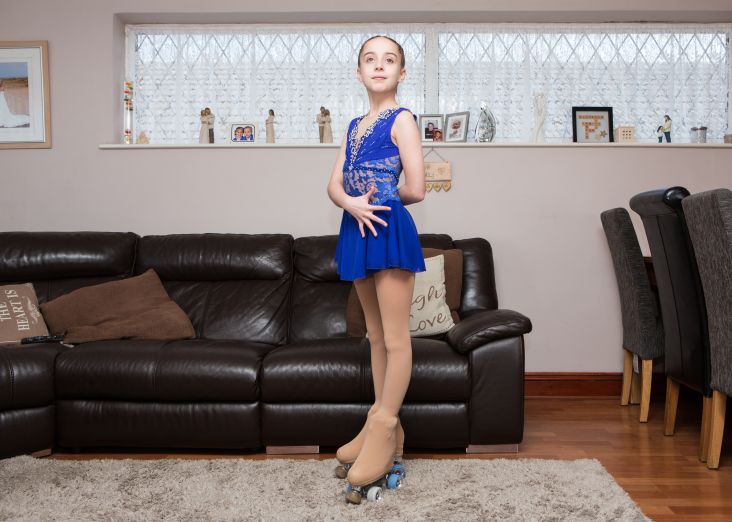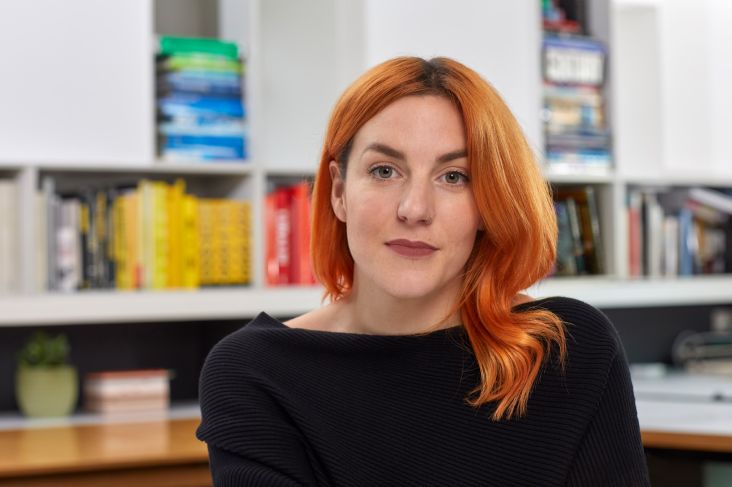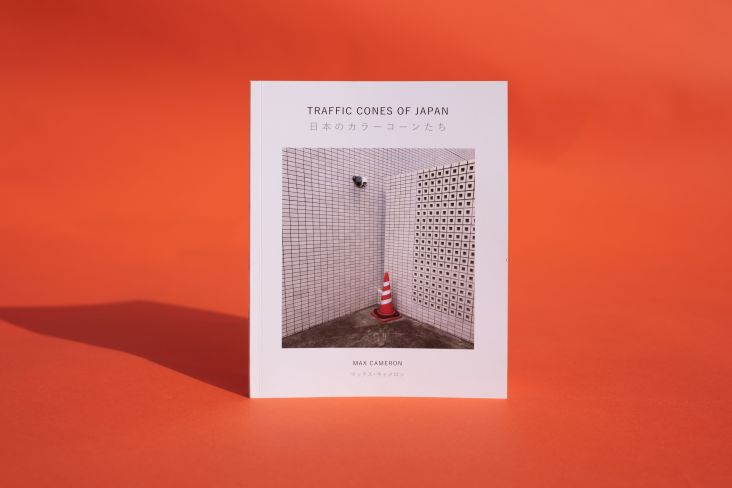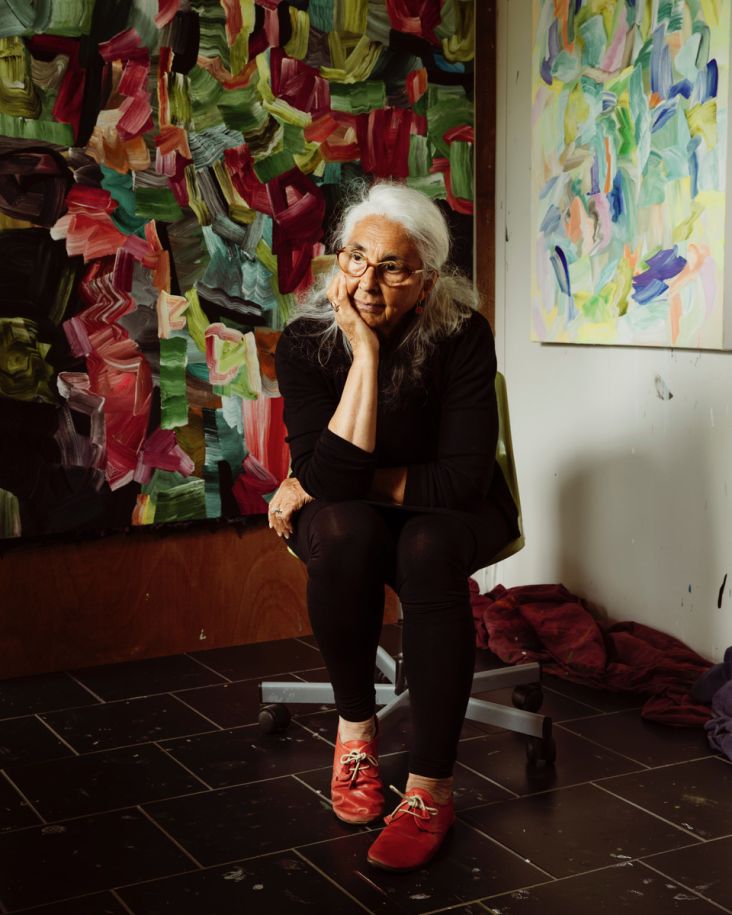How have we changed since the pandemic? Creatives share their honest thoughts
After recent turbulent times, how are we all feeling out there? Have we changed, for better or worse? We canvas the creative community on how people are feeling in this strange new, post-pandemic world.
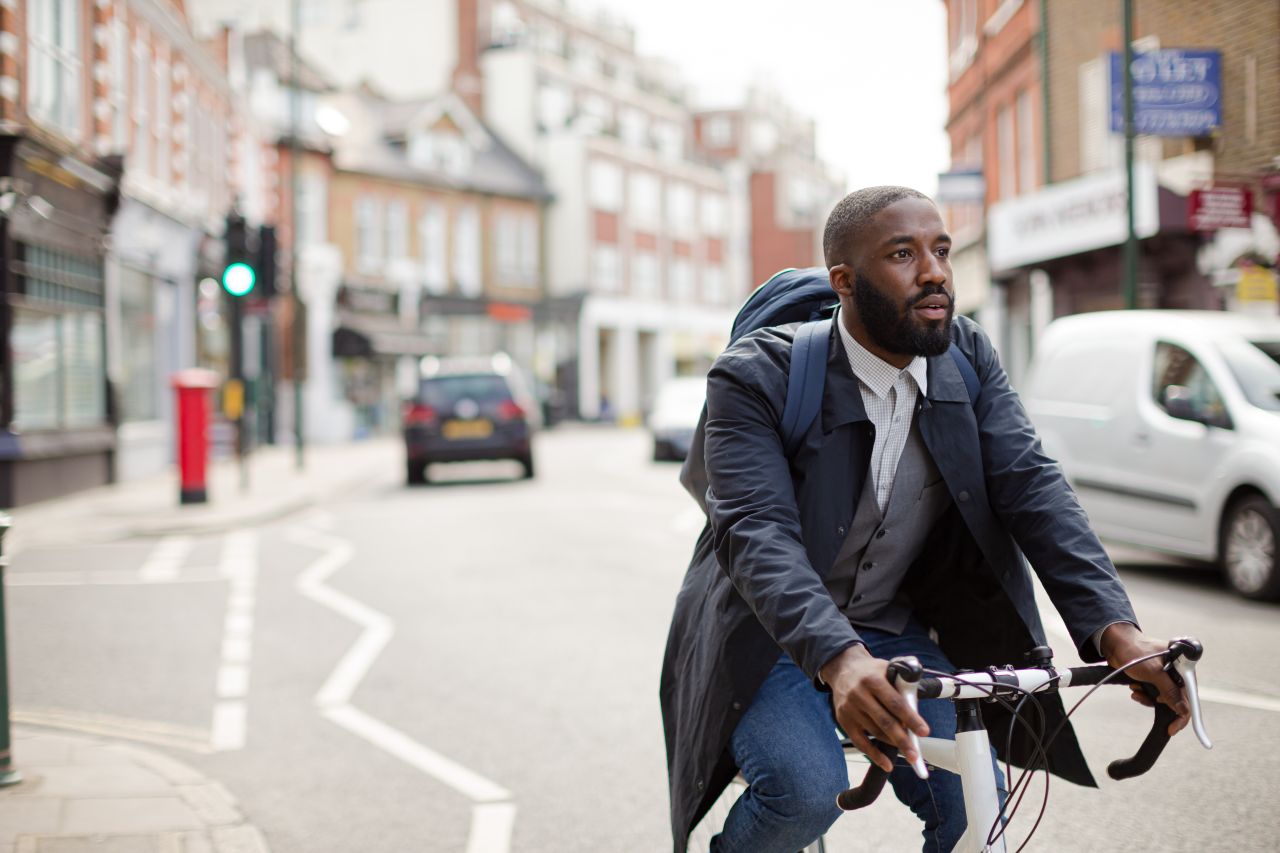
Image licensed via Adobe Stock
It's almost three years since Covid first disrupted our lives. Yet it still feels as though we're all getting over the impact. Like it or not, things have not "gone back to normal".
That's partly because, although lockdowns are over, their economic effects are still rippling around the world in the form of labour shortages and supply chain problems, magnified by the Ukraine war, resulting in inflation, interest rate hikes and falling living standards everywhere.
But it's also because, internally, we've changed too. And now the dust is settling; we've realised we're different people.
In some cases, that's been for the better. Some have found resilience, strength and new adventures due to the pandemic. Others, though, have lost confidence, lost their identity and are still struggling to find the energy to move forward.
In general, creative media likes to be upbeat and accentuate the positive. And here at Creative Boom, we're no exception. But occasionally, it's good to have a reality check and point out that not everything in the garden is rosy. After all, if you're struggling right now, we wouldn't want you to think you're on your own.
With that in mind, we asked some leading creatives to share their honest feelings about how they deal with life and work in the post-pandemic world, both good and bad.
Feeling burnt out
A common response to the question of how people are feeling right now is typified by hand lettering artist Ian Barnard. "I'm feeling burnt out since the pandemic," he says. "It made me realise how my creativity is impacted by what's happening around me. Right now, I really have to push myself to be motivated to get things started and finished. Collaborations with other artists have been helpful, and also deadlines imposed by others."
Often, this feeling of burnout is because of sheer workload. "There seems an increased demand from clients for work to be turned around faster than ever, which makes it difficult to put the lessons from the pandemic learned into practice," says designer Ben Clark. "Everyone is trying to make up for lost time, which has led to increased stresses and strains."
Increased isolation
Ben acknowledges that the pandemic has opened up new ways of working, which have, in turn, opened up more opportunities for freelancers. "I've been able to take on work from further afield, gaining my first international clients, for example," he explains. "People are less worried about distance now that we're used to doing things remotely."
But he believes there's a downside to this too. "With remote working comes more distance between us as humans," he explains. "Working this way doesn't feel as natural, and certainly within the design community, I've felt disconnected from fellow creatives, no longer sharing developments, tips and tricks as we did before."
And this, he says, has contributed to a lack of confidence. "While self-assessment is a crucial asset for freelancers and solo studios, without that pre-pandemic network of support, I think we can all be a little too hard on ourselves, not looking at our own efforts objectively."
Creative director Kevin Cooper speaks personally about the blow the pandemic landed to his sense of confidence. "We're used to the rollercoaster ride," he explains. "But lockdown made me panic about the future and money for the first time. As a result, I shat myself and became much more introverted. And when a job was recommended to me I jumped at it. I thought I would do my best in this new role and eventually return to freelancing. A year and seven months later I'm still here and feel like it would be alien to return to what I was doing. It's been a massive shift."
Lost identity
The most immediate consequence of the pandemic has been its impact on finances. But that isn't the only way it's knocked people's confidence. "Work-wise, I am fine," says Mark Richardson of Superfried. "But lockdown led to me giving up the desk and working from home. And this has led to old bad habits setting in: not getting out, going to events, meeting people, and so on."
"I'd say, for me, my identity as a creative has changed," says Laura Jane Boast, founder of Conscious Made. "When freelance work suddenly stopped during lockdown, I couldn't do the one thing that I felt truly represented me and I completely lost all sense of self. That led me on the journey to gain more self awareness – removing things, habits, behaviours that no longer felt like me and subsequently re-writing things back into my life, to create a better version of myself. As a result, I now feel a sense of belonging, with a new creative direction in sight."
Illustrator and graphic designer Barney Ibbotson is also finding things difficult. "I feel like I have lost momentum, both work-wise and socially," he explains. "I also now spend far too much time at home and do not feel as confident taking on new creative challenges."
Plus, of course, for some, such as designer Jenny Theolin, the pandemic has taken a more serious physical toll. "I've experienced an extreme loss of energy," she says. "It's massively impacted my work and reduced my stage presence. I have barely facilitated IRL for the past two years, both due to restrictions and because I just didn't have the energy, plus a pregnancy in-between. I've learned that my body really can't take this much desk work. I knew that even before, but now it's all turned to shit."
Going in a new direction
But while many creatives have been struggling, that doesn't mean giving up. Although keeping going may mean pivoting and changing direction in your career – either by choice or necessity.
Artist and blogger Ranjit Sihat offers an example. "I lost clients during the pandemic," she explains. "Either because their businesses closed down or because they had little money to continue and instead had friends do their work for free or used free templates and vectors. I understood their choices, but it still made me feel demoralised. I lost the joy for design."
As a result, she made a choice not to go looking for more work. "Instead, I'm studying again and building an illustration portfolio," she says. "This was after a long time of self-pity and feeling worthless."
Designer and artist Amy Kilner has been on a similar path. "Events design stopped completely during the pandemic," she explains. "So I found a new path by evolving my traditional graphic design skills into a 3D format. Now 80% of my work is 3D, and I really enjoy the new way of working. I somehow jumped into NFTs, too, because of it. It's given me a new lease of life and creativity."
In some cases, specific career ambitions have been put on ice. "I gave up on chasing the 'dream' of a steady career in a large agency; for now, at least," says graphic and motion designer Mads Sæløen. "Instead, I moved back to my rural hometown, started a company and have since learned to give fewer f**ks."
We'd love to say that everyone who's pivoted in this way has become deliriously happy as a result, but unfortunately, life isn't always like that. Take designer Neil Holroyd. "I made a decision to home school, which, as well as my clients being impacted by the pandemic, meant my business nose-dived," he explains. "I decided to move into UX on long-term contracts, but didn't realise the underlying stress that went with freelancing about what work would come in."
Changed priorities
Across the whole of society, the global pandemic has led people to rethink their priorities in life, and creatives have been no exception. "It made me realise what I'd missed," says creative director Rebecca Harrison. "No deadline, project or career milestone is more important than time spent with people you love. Real, uninterrupted time. Snippets of attention between checking notifications does nothing to nurture relationships. Dwell, disconnect.
"As a result, I've learned what order my priorities need to be in to sustainably create a happy life," she adds. "And that 'happy place' has unsurprisingly allowed me to be more driven, inspired and engaged with most aspects of my life, including work."
Illustrator and type artist Francis Chouquet also found the lockdown era a life-changing experience. "I realised during the pandemic that client work was killing me," he explains. "I also realised that I loved spending a lot of time with my kids and that it was positive for my mental health. So now, I work part-time for myself – creating, making, and printing my own products. I've created a screen printing atelier at home. And the other half, I stay home taking care of the house and my kids."
British PR expert Lucy Werner, meanwhile, left the country. "I moved to rural France, pivoted away from running a traditional agency model and moving more into teaching, talking and workshops. I didn't want to have the big London overheads anymore and to be present. Also, realised I was more reclusive. May as well do that somewhere pretty."
Less dramatically, but no less profoundly, writer and digital media professional Naomi Head says she's simply become focused on doing things that bring her joy. "And I have firmer boundaries personally and professionally too. The one change I don't love is bigger anxiety, but I'm working on that."
Finally, Dani Molyneux of Dotto's experience will resonate with many creatives up and down the industry. "A combination of the pandemic and family illness these past three years has made me properly realise time is short," she says. "In creative work terms, it's made me take more risks, put myself out there more, do more of what I want and basically give less of a shit about what people think. It's given me a kick up the arse, so to speak. And after spending lots of years supporting and celebrating other people, I've found that I can find time to do those things for myself too."




 by Tüpokompanii](https://www.creativeboom.com/upload/articles/58/58684538770fb5b428dc1882f7a732f153500153_732.jpg)


 using <a href="https://www.ohnotype.co/fonts/obviously" target="_blank">Obviously</a> by Oh No Type Co., Art Director, Brand & Creative—Spotify](https://www.creativeboom.com/upload/articles/6e/6ed31eddc26fa563f213fc76d6993dab9231ffe4_732.jpg)








